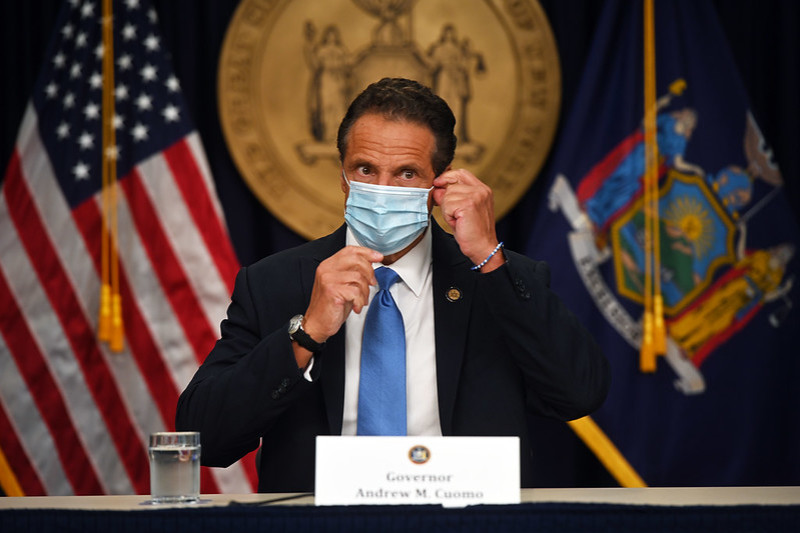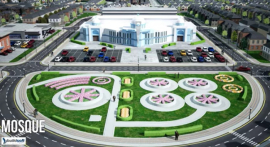
New York churches can now enjoy more freedom as the federal court permanently blocked Gov. Andrew Cuomo's COVID-19 restrictions on houses of worship.
On Feb. 8, the federal court issued an order that made New York churches enjoy more freedom. Kiyo A. Matsumoto, United States District Judge, ordered to block Gov. Andrew Cuomo's restrictions on houses of worship.
In a five-page order, the George W. Bush appointee judge finally put an end to the controversial governor's COVID-19 guidelines limiting the number of persons allowed in a worship service. Matsumoto issued the Permanent Injunction Order which said that Cuomo's ordinances must satisfy strict scrutiny.
"The court's order is good news for the synagogues, churches, and other houses of worship of New York," said Eric Rassbach, vice president and senior counsel at the Becket Fund for Religious Liberty, according to Christian Post.
In October, Cuomo issued an order specifying the limit on the number of persons allowed in a church worship service. He later extended the restrictions five times without modification.
According to his initial rule, houses of worship in red zones should only allow 10 people or 25 percent of its maximum capacity, whichever is less. Orange zones are subject to a maximum of 25 people or 33 percent of the church capacity, whichever is fewer.
Christians and religious bodies immediately opposed the restrictions claiming that the rule violated their rights as stated in the First Amendment.
Roman Catholic Diocese of Brooklyn, Agudath Israel of America, and other religious groups contested restrictions and filed a complaint against the governor on Oct. 8. The following day, the plaintiffs' motion for a temporary restraining order was denied after an expedited hearing.
On Nov. 25, the religious groups filing for the injunction of the governor's executive order saw a glimpse of hope. The Supreme Court ordered a temporary injunction declaring that Executive Order 202.68 setting a limit on the number of people allowed to attend the church services was not likely neutral.
The country's highest court argued that the order was not "generally applicable" because "essential" businesses and some "non-essential" businesses were not subject to the same restrictions.
The 2nd U.S. Circuit Court of Appeals later sent the case back to the lower court with the recommendation for strict scrutiny analysis along with the direction to grant a preliminary injunction on the Executive Order enforcement.
"Subsequently, Defendant's counsel has represented in status conferences that before the end of February 2021 EO 202.68 will be amended to remove houses of worship," CP reported.
Earlier in February, reports surfaced that the governor gave orders to health officials to match their health guidelines with his implementations. The order sparked up disagreements that led to the resignation of several health officials in the state.
Reports revealed that Cuomo did not involve the state's health department in creating his final decisions on the COVID 19 restrictions implemented in orange and red zones.
"The Governor is desperately trying to avoid testimony showing that his orders shutting down synagogues and churches weren't based on public health, but on politics," said Rassbach who was among who represented Agudath Israel and affiliated synagogues as part of the lawsuit.
























